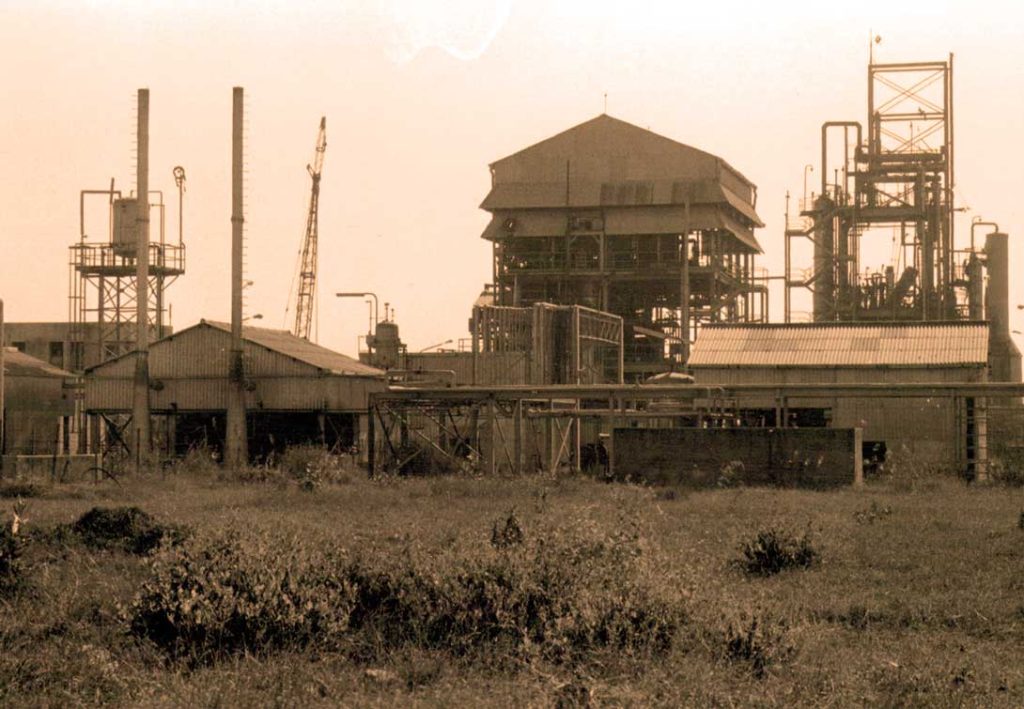
The government has begun removing toxic waste from the site of the infamous Union Carbide disaster in Bhopal, four decades after the catastrophic gas leak claimed thousands of lives and impacted thousands more.
The operation to remove approximately 337 metric tonnes of hazardous waste has finally commenced in a quest for environmental and health justice for the affected communities.
Madhya Pradesh High Court’s intervention
This move was enforced after the Madhya Pradesh High Court issued a directive on December 3, 2024, criticizing the state of inertia that could lead to another tragedy if the waste was not dealt with promptly.
How are the authorities doing it?
The operation involved transporting the toxic remnants from the defunct Union Carbide pesticide plant to an incineration facility in Pithampur, about 230 kilometers from Bhopal.
The waste, consisting of pesticide residues, soil contaminated with chemicals, and other byproducts from the manufacturing process, was loaded into 12 specially designed, leak-proof, and fire-resistant containers.
These containers were moved under heavy security by creating a ‘green corridor’ to ensure swift and safe transit. The convoy included police escorts, ambulances, and fire brigades to manage potential risks during the journey.
Swatantra Kumar Singh, Director of the Bhopal Gas Tragedy Relief and Rehabilitation Department, said the waste would be incinerated in three to nine months, with initial batches being tested to ensure environmental safety standards are met. He assured that every precaution was being taken to ensure that the incineration process does not lead to further contamination of the area.
Pithampur residents voice concern
However, this initiative has not been without opposition.
Local activists and residents near the Pithampur disposal site have voiced concerns over the potential air and water pollution, citing a trial run in 2015, which they claim led to soil and water contamination in nearby villages.
Despite the protests, officials maintain that all safety protocols are in place to prevent environmental harm.
There have also been concerns that the toxic waste now transported is only a part of the hazardous material at the contaminated site.
What was the Bhopal gas tragedy?
The Bhopal gas tragedy of 1984 remains one of the world’s worst industrial disasters, where methyl isocyanate gas leaked from the Union Carbide plant, resulting in a death toll of thousands, with many more suffering long-term health effects.